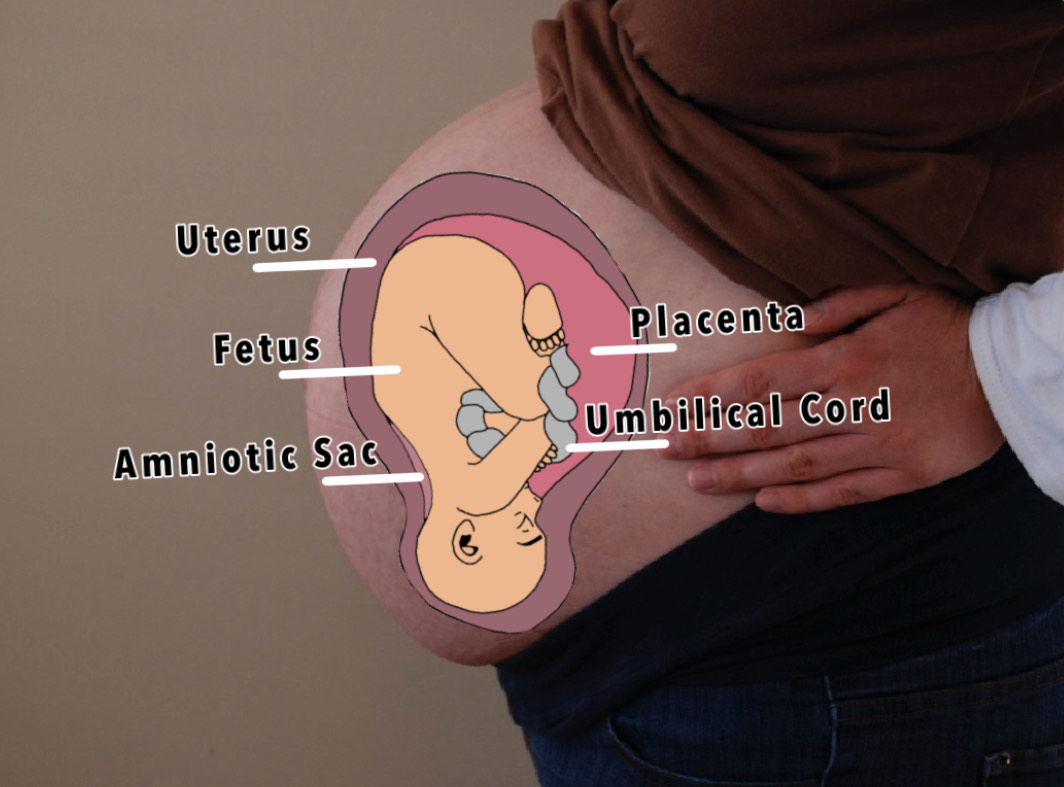In June of 2022, the United States Supreme Court overturned Roe v. Wade, an almost 50-year long Supreme Court ruling that protected a woman’s right to have an abortion. The legality of abortions, or lack thereof, is now back to being decided by each state.
According to Planned Parenthood, prior to the mid-1800s, abortions in the United States were legal until there was movement of the fetus. Beginning with Connecticut, state by state legislation banned abortion, and by 1910, abortions were banned nationwide. As each state outlawed abortion, the stigma surrounding reproductive healthcare grew.
Criminalizing abortion will not completely stop it. Instead, it will force people to turn to more dangerous options. Underground abortions were the cause of death for about 2,700 women in 1930 alone, according to the Guttmacher Institute, a reproductive rights organization.
The start of the ‘60s brought the rise of a movement calling for legalized abortions, and that led to 11 states softening their bans going into the ‘70s. Roe v. Wade was established in 1973 and ruled that access to abortion was protected in the United States Constitution, making abortion legal across all 50 states. In 2022, however, the case Dobbs v. Jackson Women’s Health Organization ended with the Supreme Court declaring that abortions are not protected under the Constitution. This effectively ended Roe v. Wade, thus leaving abortion laws up to each state once again.
The Center for American Progress and the Guttmacher Institute reported that many states acted quickly to heavily restrict or ban abortions, affecting one third of women between the ages of 15 and 50 within three months of the ruling. 14 states completely banned abortions and eight states have restrictions starting at six to 18 weeks, while only nine states have zero restrictions. Many of the laws are enforced with penalties for the doctor performing the abortion, including fines of up to $100,000 or jail time between one year and life.
The American Civil Liberties Union (ACLU) of Illinois states that the right to abortion is protected under Illinois’ Constitution until viability, or around 24-26 weeks when the fetus is able to live outside of the womb. People under the age of 18 are able to get abortions without parental or guardian approval. Illinois Medicaid, as well as most private insurance, is required to cover abortions. Unlike many other states, there are little to no obstacles to getting an abortion, such as no required ultrasound or waiting period.
Each state’s restriction laws do contain exceptions in situations where the health of the mother is endangered. The subjectivity of the exceptions have caused delays in care while the decision is made, however, creating health risks. Exceptions for rape and incest are significantly less protected. Fewer states have statutes in place for these cases, and even then, many require that law enforcement is involved, oftentimes creating significant time and legal obstacles.
The new abortion legislation also has consequences for women’s healthcare in general. This includes the closing of many reproductive clinics, as explained by National Public Radio. These clinics provide a variety of much needed care other than abortion, including birth control, prenatal care and screening for STDs and cancer. Such closures are devastating for many people, especially low-income women who relied on these clinics for affordable care. Many doctors have reported that they do not want to work in states where they feel at risk for losing their license or getting in legal trouble. In turn, states with restrictive laws are having trouble with being understaffed as obstetricians and gynecologists are going to other states for work.
The future of abortion legislation is a major issue in relation to the upcoming election. The two presidential candidates, former President Donald Trump and current Vice President Kamala Harris, share conflicting views when it comes to abortion policies. According to CBS News, abortion rights are a main focus of her campaign.
“Our administration has taken action to protect access to emergency medical care, to support women forced to travel out of state for care and to protect women’s privacy,” Harris said in a speech on the anniversary of Dobbs v. Jackson.
Previously, Trump has stated that he would sign a federal abortion ban, but he and his running mate, JD Vance, have recently claimed that if he wins a second term, he will continue to leave this decision up to the states.
“No Republican with any reasonable power is saying that we should have a complete national abortion ban,” Vance said in an NBC interview.
However, many Democratic politicians have questioned the validity of these statements as Trump before prided himself on his involvement in the overturning of Roe v. Wade. As the November election inches closer and with polls suggesting a close race, this topic will remain a focal point for both campaigns.










